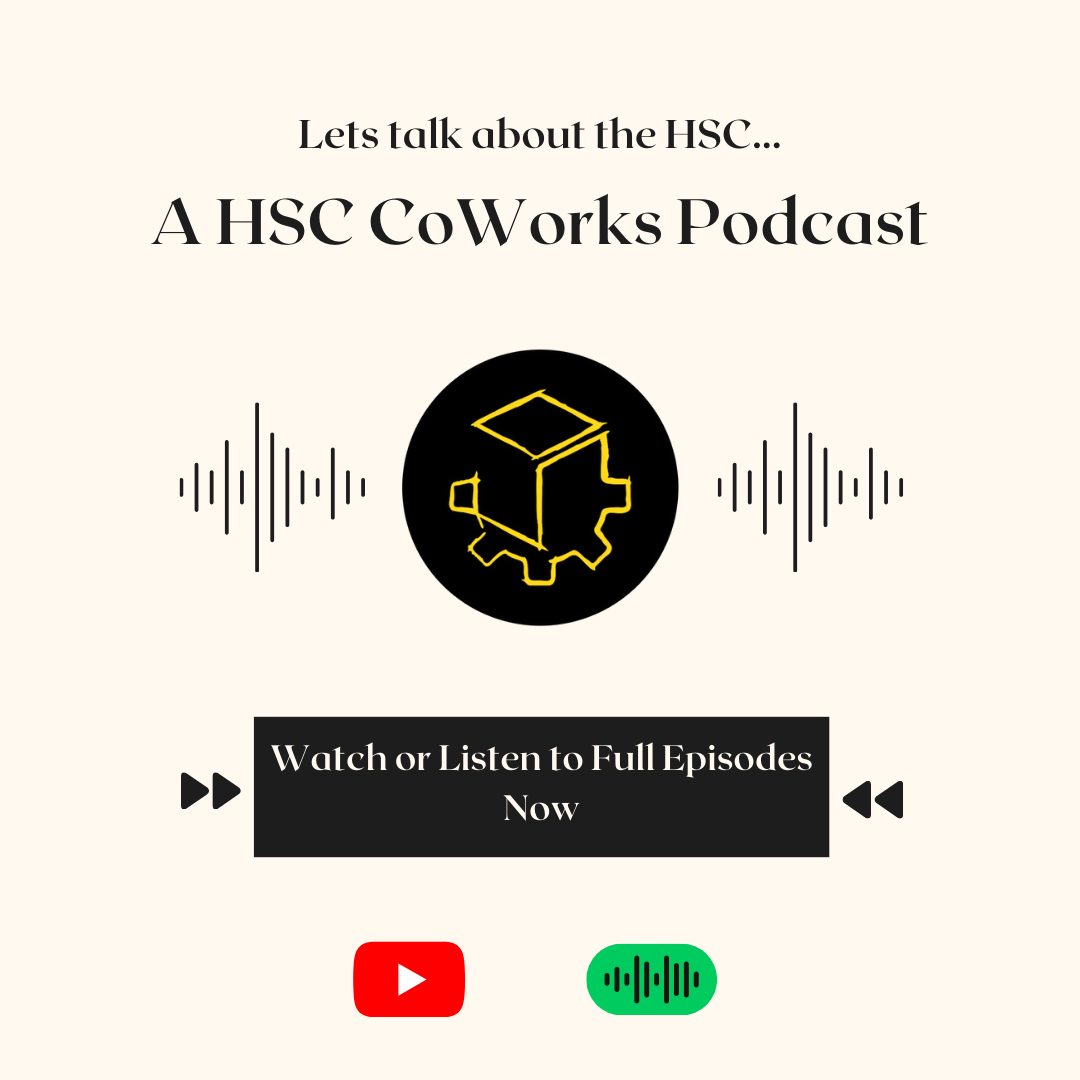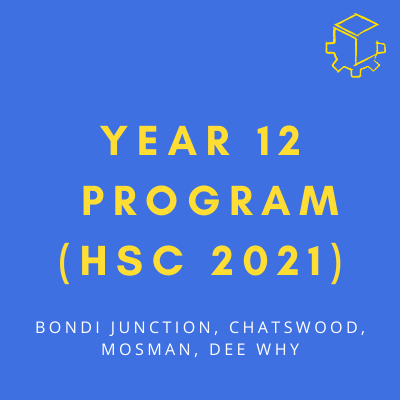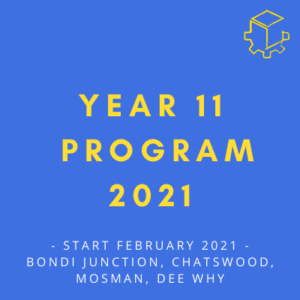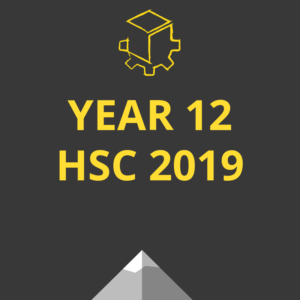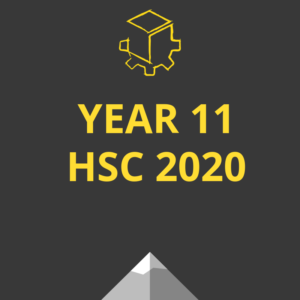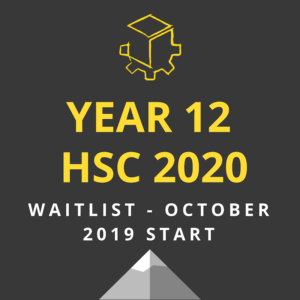It is a truth universally acknowledged, that a student taking the Paper 1 English Area of Study HSC exam is always least prepared for the comprehension section. When 5/6ths of our English exam is based on 1000 word responses, comprehension generally takes less of a priority. No quotes to memorise, and all short answer questions mean it’s going to be easy, right?
It is often the case that Comprehension is the worst scoring section of the Discovery exam for this exact reason. But why is this? We know the discovery rubric inside and out, so that we can write good essays and creatives on it, and the texts provided aren’t exceedingly challenging. So what are we missing?
The answer lies in the techniques. While we’ve had a solid list of 5 techniques drilled into our brains since year 7 (metaphor, simile, imagery, and tone, alliteration) – this alone will not cut it in the comprehension section (or, as a matter of fact, your essay section). The HSC marker is likely tired of seeing these 5 techniques used, often at a stretch, when there are a plethora of other techniques that are more appropriate for the passage you’re looking at.
In the Reading Task Comprehension, techniques account for the majority of marks in your short answer question. For most 3 mark questions, an average of 2 quotes and 2 techniques are used for top range students. This means, with 15 marks up for grabs, 8 – 10 of those come solely from techniques – and all you have to do is know which ones to use. If you can become practiced at identifying good techniques, all you have to really focus on for the exam is linking your statements back to the rubric.
To help you with this, we’ve developed over 200 multiple-choice questions aimed solely at supporting you to identify language techniques. This is a bona-fide method to guarantee your vocabulary for language devices will increase, and is stored in your memory so that you can nab those 8 – 10 marks in your comprehension without blinking an eye.
Don’t forget about our HSC English Literary Devices and Language Technique List HERE
Get started now, by completing 10 MCQs on the portal.
Sample questions:

Image via chummytees.com
If you were to call someone “vertically challenged”, rather than “short”, you would be using a —
- Juxstaposition
- Euphemism
- Adage
- Metaphor

Image via Pinterest
The infamous quote from Forrest Gump, “My momma always said, life was like a box of chocolates. You never know what you’re gonna get”, is an example of what literary device?
- Soliloquy
- Adage
- Personification
- Repetition

